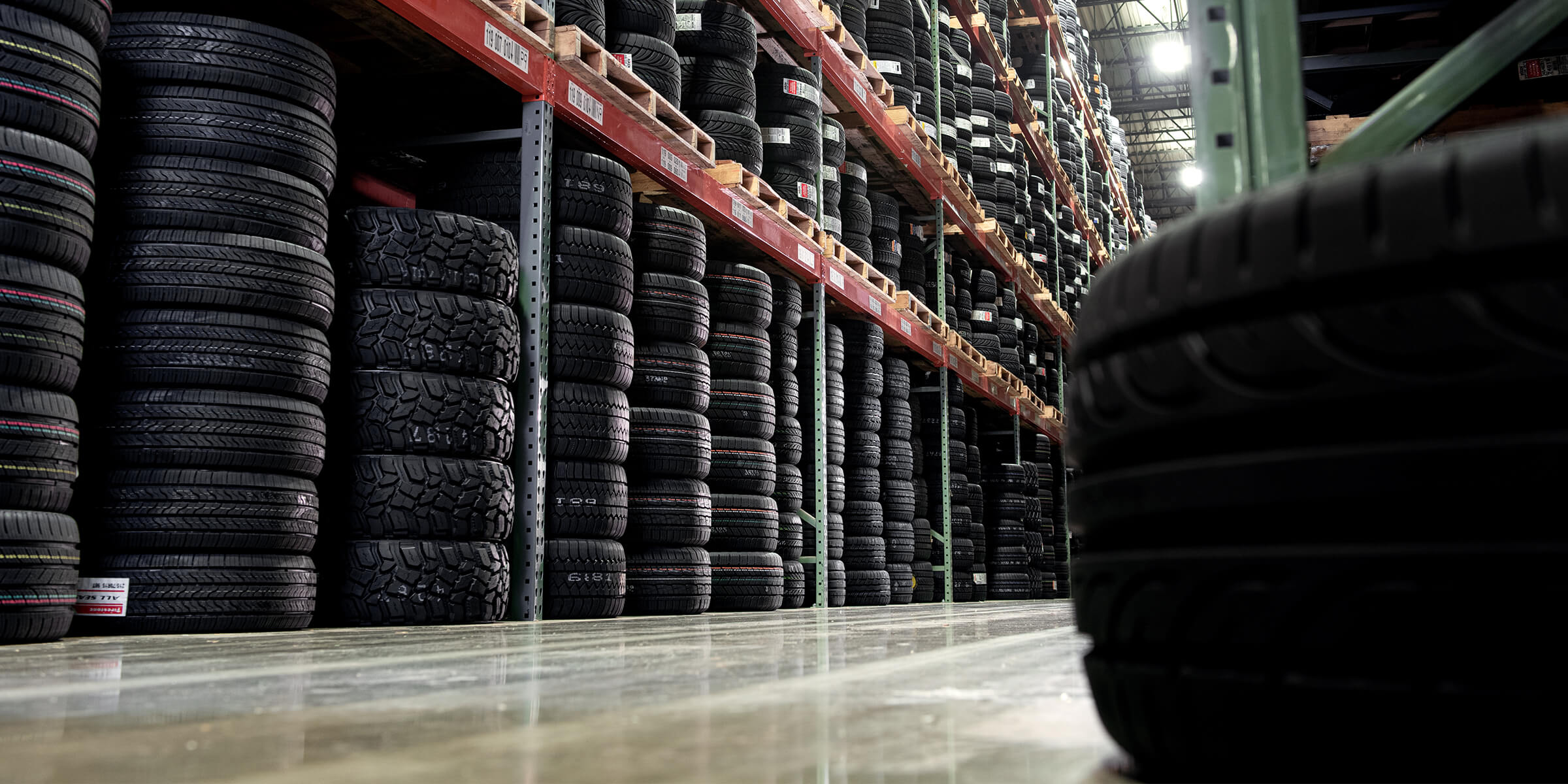Budget-friendly Discount Tires Morris IL: Unsurpassable Rates, Top Quality Assured
Budget-friendly Discount Tires Morris IL: Unsurpassable Rates, Top Quality Assured
Blog Article
Tire Solution: Recognizing Tire Stress Monitoring Solutions
Recognizing Tire Stress Monitoring Equipments (TPMS) is a critical element of maintaining optimal lorry performance and security on the road. With developments in vehicle technology, TPMS has become a standard attribute in contemporary cars, providing real-time details on tire pressure levels. Diving much deeper into the complexities of TPMS, one can uncover the numerous parts that comprise this system and the relevance of each in making certain precise tracking. From direct to indirect TPMS systems, the landscape of tire pressure surveillance is varied, each with its one-of-a-kind set of benefits and considerations. Stay tuned to unravel the complexities of TPMS, from maintenance pointers to the obvious benefits of maintaining your tires properly blew up. tire shop morris.

Relevance of TPMS
The relevance of Tire Stress Tracking Equipments (TPMS) depends on their capacity to enhance lorry security and efficiency through real-time surveillance of tire pressure degrees. Keeping the right tire stress is important for ensuring optimum handling, braking, and total security of a vehicle. TPMS offers drivers with instant responses on any overinflated or underinflated tires, permitting prompt changes to be made.
Components of TPMS
Comprising various crucial components, a Tire Stress Surveillance System (TPMS) operates as an innovative security attribute in contemporary automobiles. The primary parts of a TPMS consist of sensing units, a control module, and a caution indication. Sensors are generally located in the tire shutoff stem or affixed to the wheel assembly, where they measure tire stress and send information to the control module. If it identifies considerably reduced pressure in any of the tires, the control module procedures this information and activates a warning. The warning sign, frequently an icon on the dashboard, signals the chauffeur to examine the damaged tire or tires. Some advanced TPMS designs also present the actual tire pressure analyses for each tire, offering drivers with real-time information to ensure optimal tire efficiency and safety. By keeping track of tire stress constantly, TPMS assists prevent crashes, decreases tire wear, and enhances gas efficiency, making it a vital component for car security and efficiency.
Sorts Of TPMS

On the various other hand, indirect TPMS depends on the automobile's wheel speed sensors to keep track of tire stress. This system identifies underinflation by comparing the rotational rates of the wheels. Indirect TPMS is much less pricey than straight TPMS, as it utilizes existing sensors within the vehicle.
While direct TPMS uses extra accurate analyses, indirect TPMS is easier in design and generally calls for less upkeep. Both systems have their benefits and limitations, and the option between them typically relies on factors such as price, car make, and personal preference. Comprehending the distinctions in between these 2 sorts of TPMS can assist lorry owners make notified choices regarding tire upkeep and safety.
TPMS Maintenance Tips
Efficient upkeep of TPMS is vital for making certain optimal performance and safety of your lorry. Frequently evaluating the TPMS sensors for any kind of damages or rust is essential. Make certain that the sensing units are clean and totally free from particles that might interfere with their performance. Additionally, it is recommended to check the sensing unit batteries periodically and replace them as needed to assure exact analyses. Conduct regular look at the tire pressure levels and compare them with the TPMS readings to ensure they correspond. Alter the system following the maker's standards if there are any inconsistencies. Throughout tire turning or substitute, make certain that the TPMS components are handled meticulously to stop any kind of potential damage. If the TPMS advising light illuminates on the dashboard, address the concern without delay by examining the tire stress and page the general you could try here system for any mistakes. By adhering to these upkeep tips, you can lengthen the lifespan of your TPMS and boost the safety and security of your driving experience.
Benefits of Proper Tire Stress
Preserving proper tire stress, as emphasized in TPMS Upkeep Tips, is important for reaping the countless advantages associated with optimum tire stress levels. Among the key benefits of maintaining the right tire pressure is enhanced fuel efficiency. When tires are effectively blown up, there is much less moving resistance, causing much better fuel economic climate. Furthermore, appropriate tire pressure ensures even tire wear, prolonging the life expectancy of the tires and advertising more secure driving problems. With the best tire pressure, vehicles additionally have far better handling and grip, specifically in damaging weather condition problems. This can improve overall driving performance and security for the chauffeur and passengers. Keeping optimum tire stress can add to a smoother and a lot more comfortable trip by reducing vibrations and sound triggered by underinflated tires. To conclude, the benefits of appropriate tire pressure surpass just tire longevity; they incorporate boosted gas effectiveness, improved safety, far better lorry efficiency, and general driving comfort.
Final Thought
Finally, recognizing tire stress surveillance systems (TPMS) is important for preserving ideal tire pressure and guaranteeing car safety and security. By identifying the importance of TPMS, being familiar with its elements, recognizing the various kinds offered, adhering to appropriate maintenance suggestions, and realizing the advantages of keeping appropriate tire pressure, vehicle drivers can boost their driving experience and extend the life-span weblink of their tires. Correct tire stress is vital to reliable and safe vehicle operation.

Report this page